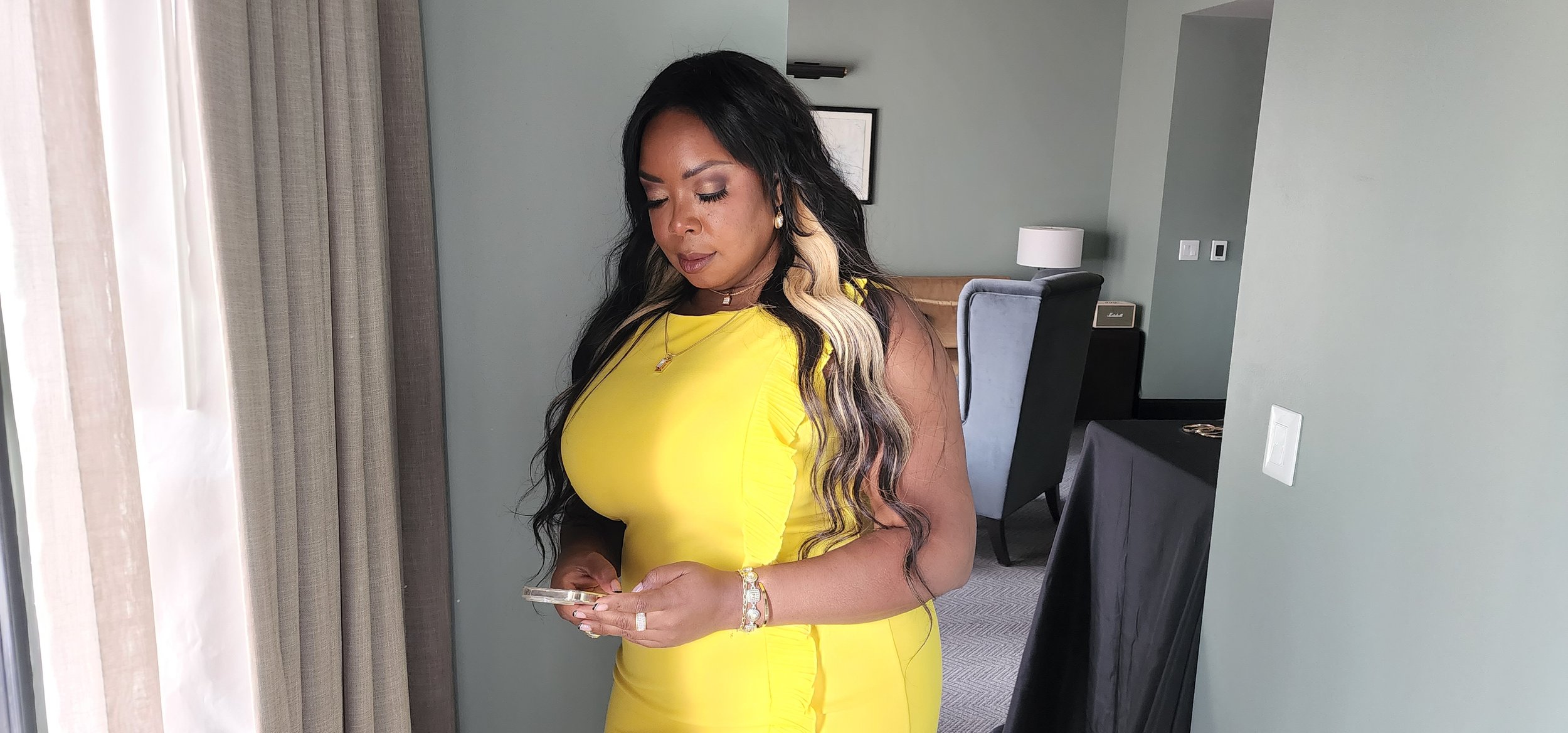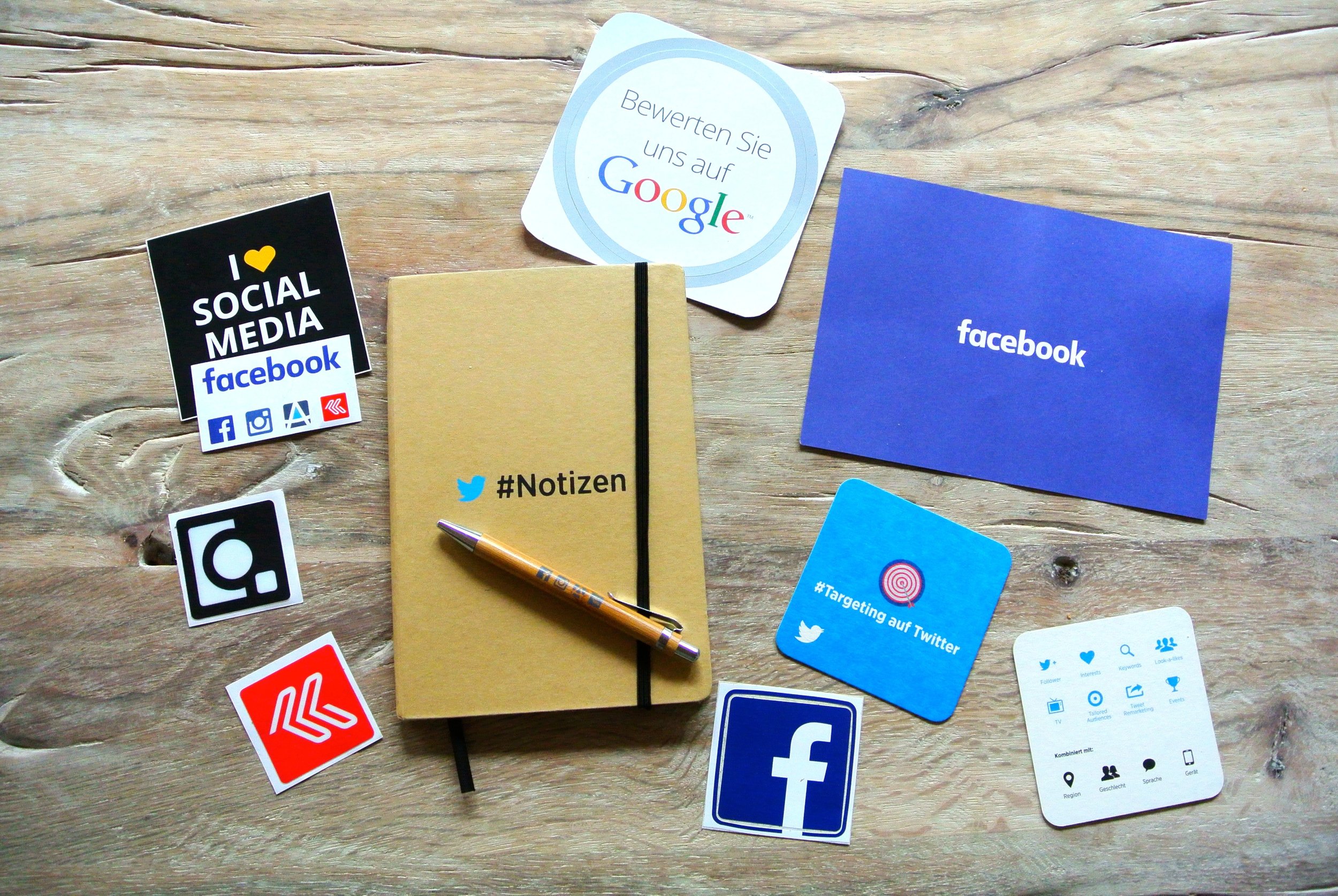

Simple Social Media Plan for the Author Who Has No Idea Where to Start
As a book publishing professional, I have made it one of my focuses to understand social media well enough to help the authors I serve. I've even helped myself along the way. With that, here is a very simple social media plan to get you thinking in the right direction as you build your platform and hopefully sell books in the process.

Organizing Your How-to or Self-Help Book for Maximum Impact
While there is an overwhelming amount of unsalable personal testimonies or memoirs, the author submitting this kind of book could easily remedy that problem by revising their book and forming it into a how-to or self-help book based on principles they learned by overcoming the difficulties in their life.
